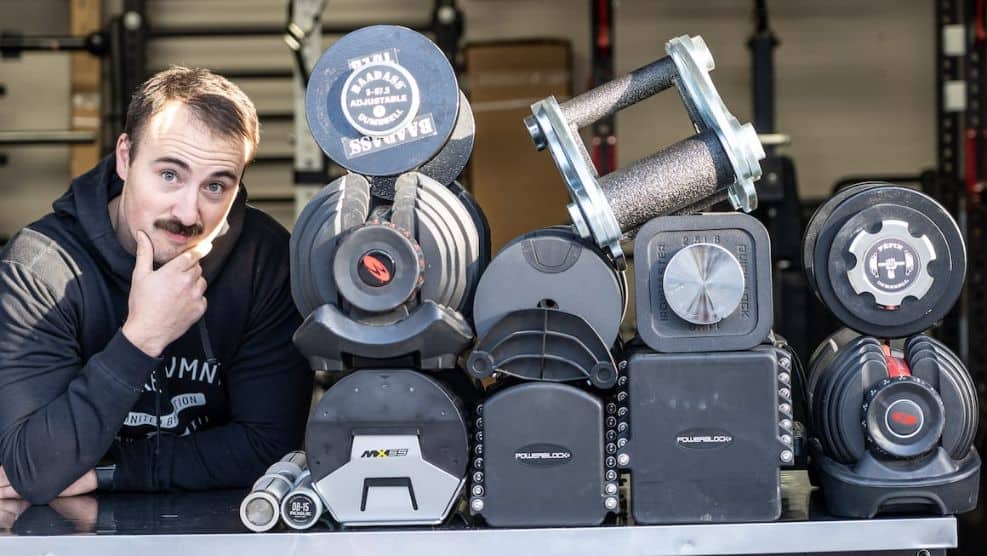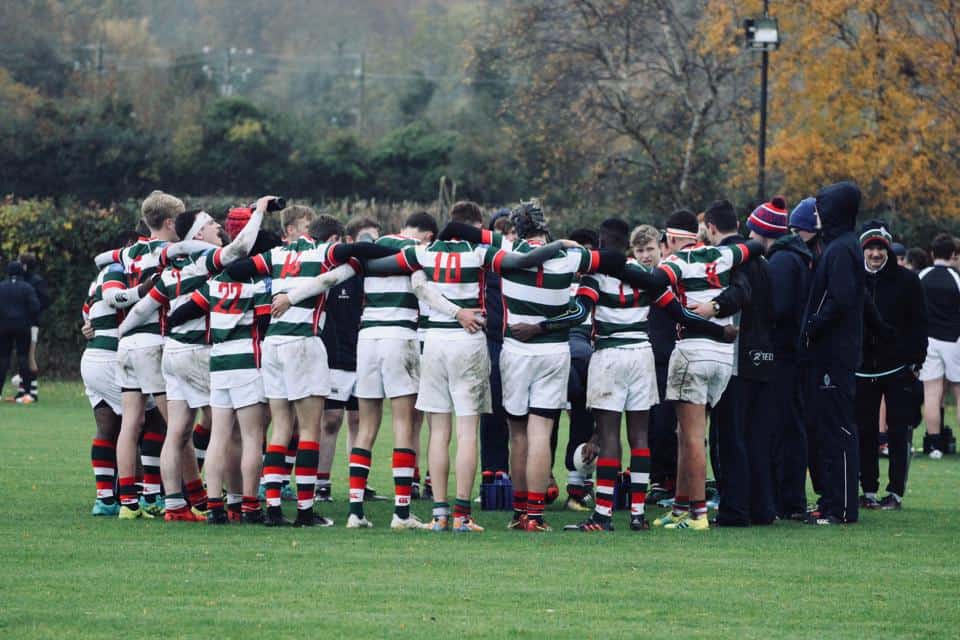
Glory Girls: How Rugby Is Encouraging Female Talent
Rugby has been the sport of our nation for a hundred years or so. It is a sport we can rely on; we’re fantastic at it. It offers more physicality than football and has been described by some as the closest you can get to a gladiatorial fight in the 21st Century.
However, there is much more to Rugby than that. There is a tremendous amount of elegance to the game, with every team member effortless working to support one person with one ball. Strong passes glide beautifully between multiple positions and can almost look like someone has choreographed every move.
Rugby pushes all of your physical boundaries. Tackles and scrums are relentless and require you to withstand incredible forces. The players are like an extended family. They are supporting each other, encouraging each other. The respect between teams is high; the respect for the referee is higher. The bond between a team is so deep and personal due to hours and hours of training, playing in horrendous conditions and experiencing ultimate highs and bitter defeats.
These are some of the reasons that more young girls are growing in love with the game.
All over the Country, women’s rugby teams are flourishing. From the under 13’s up to County. Talent is abundant in the girl’s teams, with Centre of Excellences all over England. To nurture the talent and help these girls on the path to the ultimate squad.
The rise in popularity could be attributed to the success of the women’s England team. These ladies look every bit as tough and robust as the men, yet look incredibly beautiful doing it. They have attracted such a diverse group of girls into the sport that the recent U18 Country tryouts were at an all-time high.
Girls and young women are striving for something different these days. They want to be seen as strong and powerful. We have taught women to stand up for something and to believe in themselves. Rugby offers an opportunity for girls to grow physically, mentally and socially.
“The girls are my family, off-pitch we enjoy doing our make-up and dressing up, but on the pitch, we can prove that isn’t all we are. I can’t wait to get to training, get my rugby head-on and work with my girls” Says 16-year-old Mili Atkins of Gloucester County U18’s, who was recently selected for England under-18’s Centre of Excellence Academy at renowned Hartpury College.
“I started playing when I was thirteen, and after my first game I was hooked, I think young women have pent up aggression inside them. We are treated differently and not always given the same opportunities as boys, even at school. Rugby was the first sport I felt I was being given the same opportunity. I could let out my frustrations on the pitch, and it helped me focus during the week”
The RFU jumped on this spike in female players and created a pathway to encourage and nurture young women, like Mili.
“It’s was quite surprising for me to see that while my local girls’ teams had too many players at matches, the same club teams for boys were struggling to get players. The girls did offer to make up the numbers, and I had a free bet with my coach that we’d annihilate the boys” Mili continued.
This passion and competitive nature in young women is clear to see, and there is no sign of women’s Rugby letting up.
Cinderford Girls RFC coach, Paul Lydiard says “The girls’ teams have been growing exponentially year on year. We’ve got some real rivals in the local areas, such as the Dings in Bristol. The quality of player across the girls’ team, both the U15’s and the U18’s is phenomenal. Working with the girls can be challenging, but I don’t mind them giving me lip, it’s the adrenalin.”
With a rise in player numbers and demand for team places being high, the Glory Girls are heading to the top.
Rugby teaches our daughters many valuable lessons, so it’s worth encouraging them to get into the sport.
It teaches young women how strong they are. Something that the generations before them may not have known, it also helps them have a more positive attitude towards their bodies, as they grow into young adults they will be surrounded by fad diets and airbrushed models, the sport helps girls to embrace their bodies and love the strength they possess.
With so much focus on equality, girls who can compete at the same level as men in a sport as demanding as Rugby can see they are just as capable—giving them the confidence to break down barriers and demand the respect of their peers.
Rugby is also a sport that teaches us some metaphorical lessons, quite literally. If you are knocked down, get back up. Girls who understand this from a young age will develop the courage to face anything, and they have an understanding that you can fall flat on your face in a pitch full of mud, brush yourself off and dive fearlessly into the next tackle.
Back in 2014, after the incredible success of our England Women’s team, the RFU invested £10m into an action plan to engage more young female players into the sport. This action plan delivered not just more female players, but more coaches, physios and referees too.
The RFU also delivered a Women’s Performance Pathway plan which targeted different stages in their lives:
- Schools and colleges – Constituent body squads/centre of excellence to grow a seed and love for the game and establish roots
- Age grade clubs – U18’s talent development squads to develop and nurture future roses
- Universities – U20 preparing to fulfil future potential and bloom
- League Clubs – Premier 15’s / England 15’s and 7’s to grow strong and robust in all conditions and finally, to win.
It’s with a targeted strategy like this, alongside financial commitment and a strong female squad that the RFU have captured the imagination of young girls across the nation.
Mili told us that she had found the progress from U15’s club rugby to County and CofE really encouraging “Everyone involved from the CofE staff at Hartpury to my coaches at County and home, has encouraged me every step of the way. I have never felt held back because of my gender. I’m also blown away at the support we get on travel, there are so many people involved in the RFU that have made it exciting for girls like me to get involved and potentially have a future.”
While the RFU has made the sport equal in many ways, there is still a long way to go for the future of women’s Rugby. The sport needs the talent to keep rising up, and it also requires more spectators at matches and more demand for coverage on the TV. Female players still earn far less than their male counterparts, and sponsorship deals aren’t as much of an attractive proposition. For the game to grow, the girls need to drive the way, both on and off the pitch.
We need more marketing campaigns focussing on the things that matter to young women and girls across the Country. We also need more focus from schools, helping to support the RFU in building girls up to enjoy their strength and the passion of one of our greatest national sports.
To help keep women’s rugby growing, take your girls to watch games whether it’s local matches in your town or international events like the Six Nations. Make an afternoon of it on the TV and explain why Rugby is essential, don’t just watch the men’s matches. Get settled down for 80 minutes of Women’s Rugby and show your sons and daughters that the sport is equal and open to all. Dress up, paint your faces and sing the national anthem loud and proud. Girls that grow up included in the sport from a young age will feel more confident to take an interest in it during their teenage years.
Most towns will have rugby clubs and some larger villages too. So head down to a few club matches and encourage your girls to get involved. Introduce yourself to the coaches and make it a part of your weekend activities during the season.
Most importantly, play Rugby. Enjoy it in your garden or at the park. Teach your daughters tackling techniques and show them how to make passes and kick the ball.
We all have a role to play to inspire the next generation of Women’s Rugby winners.



